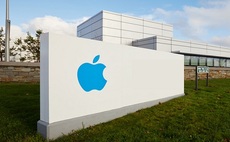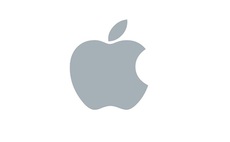The new bug bounty programme will include iOS, macOS, watchOS, iPadOS, tvOS, and iCloud
Apple has increased its maximum bug bounty from $200,000 to $1 million reward in a bid to ensure security researchers turn-in any security flaws they find to Apple - rather than selling them on the...
To continue reading this article...
Join Computing
- Unlimited access to real-time news, analysis and opinion from the technology industry
- Receive important and breaking news in our daily newsletter
- Be the first to hear about our events and awards programmes
- Join live member only interviews with IT leaders at the ‘IT Lounge’; your chance to ask your burning tech questions and have them answered
- Access to the Computing Delta hub providing market intelligence and research
- Receive our members-only newsletter with exclusive opinion pieces from senior IT Leaders



















